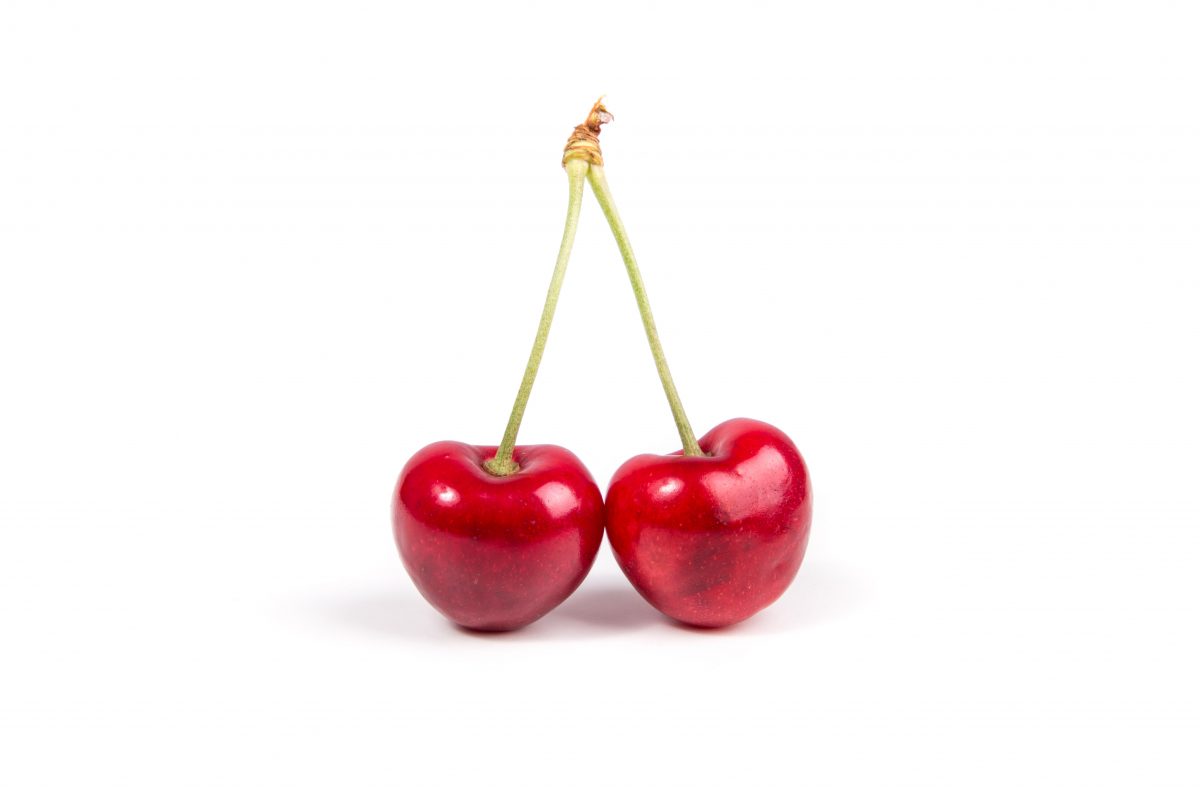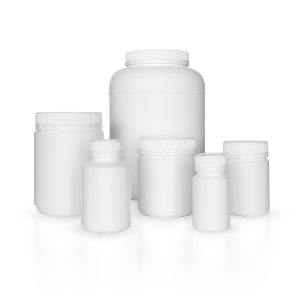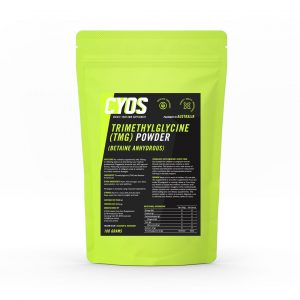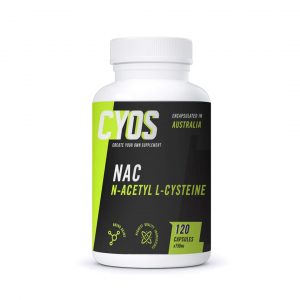


Health
J J 05 Aug 2020
Quercetin for inflammation, allergies, exercise and more!
Share
Quercetin is a flavonoid (a plant pigment) that is found in many plants and food such as onions, grapes, apples, berries, broccoli, citrus fruits, cherries, green tea, coffee, red wine and capers.

It is a member of the flavonoid family which is one of the prominent dietary antioxidants. There are many health benefits to antioxidants and consuming quercetin which include protection against various diseases and against anti-aging. [1]
People often choose to supplement with quercetin for many reasons, some include:
- Reduce inflammation
- Combat allergies
- Boost immunity
- Help with exercise performance
- Maintain overall health
Reduced Inflammation
Studies have shown that supplementing with quercetin may help reduce inflammation, while a little inflammation can help your body heal from infections, chronic inflammation can lead to many illnesses and diseases. [2]
An 8 week study on 50 women with Rheumatoid Arthritis were allocated into a quercetin (500 mg/day) or placebo group for 8 weeks. Many symptoms were monitored and determined such as Plasma levels of high-sensitivity tumour necrosis factor, clinical symptoms including early morning stiffness, morning and after-activity pain, and tender and swollen joint counts were determined. At the completion of the study the results were that the 500mg per day of quercetin supplementation for 8 weeks resulted in significant improvements in the clinical symptoms and disease activity of patients with Rheumatoid Arthritis. [3]

Can help with Allergy Symptoms
Quercetin is known for its anti-inflammatory properties, its antioxidant activity, its anti-allergic properties characterised by stimulation of the immune system and its inhibition of histamine release. Test tube studies found that quercetin can be effective in late phase bronchial asthma responses, allergic rhinitis and restricted peanut-induced anaphylactic reactions. [4]
May help with exercise performance
A search of the literature was conducted on exercise performance and quercetin. Eleven studies were identified where quercetin was tested on performance, exercise, endurance and aerobic capacity. The results were that there was a significant effect favouring quercetin over placebo. On average, quercetin provides a significant benefit in human endurance exercise capacity and endurance exercise performance but more studies should be conducted. [5]

May help reduce blood pressure
A study was conducted on the impact of quercetin on blood pressure through a systematic review and meta-analysis of randomised controlled trials. The review of 9 human studies in 580 people found that those taking up to 500mg per day of quercetin and a reduction in blood pressure. These studies are promising but further studies are needed. [6]
References:
[1] – https://pubmed.ncbi.nlm.nih.gov/18417116/
[2] – https://pubmed.ncbi.nlm.nih.gov/23044824/
[3] – https://pubmed.ncbi.nlm.nih.gov/27710596/
[4] – https://pubmed.ncbi.nlm.nih.gov/27187333/
[5] – https://pubmed.ncbi.nlm.nih.gov/21606866/
[6] – https://pubmed.ncbi.nlm.nih.gov/27405810/
CYOS blog content is for informational and educational purposes only, and should not be considered medical advice, diagnosis or treatment recommendations. Always consult with your doctor or medical professional before using any dietary supplements or if you suspect you have any medical concerns or issues.
Share
SHOP OUR PRE-MADE CAPSULES RANGE
100% Pure • Encapsulated in Australia • Vegetarian Capsules • No Fillers • No Additives • No Binders • No Anti Caking Agents • Allergen Free • No Preservatives • Non GMO
Our best sellers
 Search Products
Search Products
 All Products A-Z
All Products A-Z
 Pre-Made Capsules
Pre-Made Capsules
 Additives
Additives
 Amino Acids
Amino Acids
 Anti-Oxidants
Anti-Oxidants
 Beauty
Beauty
 Bioactive Compounds
Bioactive Compounds
 Bulk Items
Bulk Items
 Empty Capsules
Empty Capsules
 Fats & Oils
Fats & Oils
 Fibers
Fibers
 Herbal Extracts
Herbal Extracts
 Joints
Joints






 Mushroom Extracts
Mushroom Extracts Nootropics
Nootropics Packaging
Packaging Probiotics & Digestion
Probiotics & Digestion Proteins
Proteins Sleep
Sleep Stimulants
Stimulants Super Blends
Super Blends Super Foods
Super Foods Tools
Tools Vitamins & Minerals
Vitamins & Minerals Weight
Weight Workout
Workout